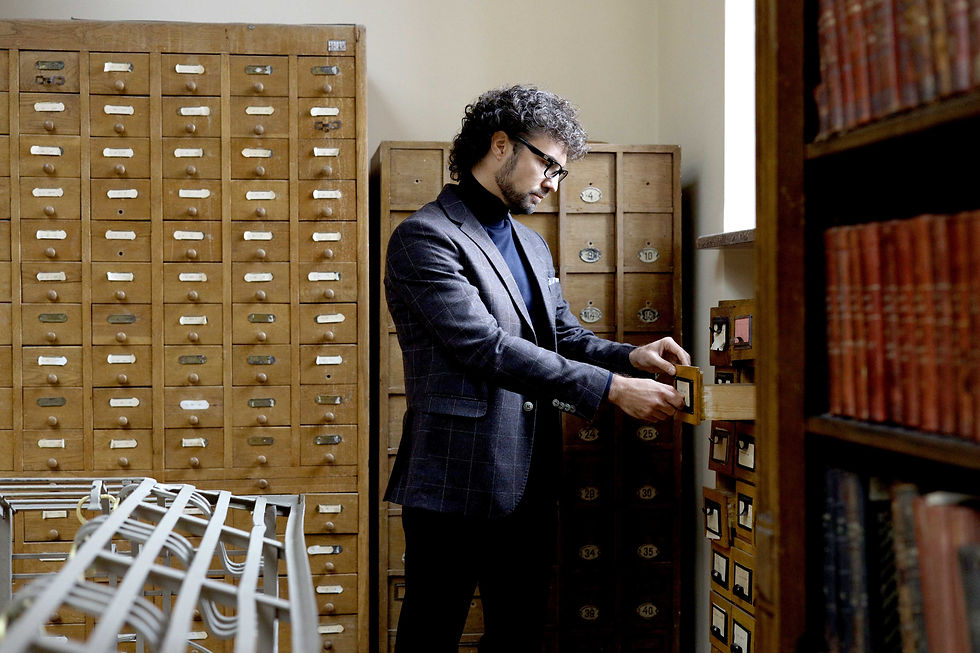As a solo archivist in my law library, my responsibilities include documenting the life of the law school. Preservation is included in that responsibility so that others may access that life in its many forms in the future. Much of that life is now being produced digitally. For a law library fortunate enough to find itself responsible for their law school archive, digital preservation is a necessity.
This January I had the opportunity to attend the Digital POWRR (Preserving digital Objects With Restricted Resources) Institute at the University of Arizona. The Institute is designed for librarians and archivists to build skills for curating and preserving digital collections under the tutelage of Digital POWRR project staff. Topics of lecture and discussion included digital preservation policy, storage solutions, hardware obsolescence, and integrity. Limited resources can also equate to limited time.
One of the best aspects of the Institute was the “Walk the Workflow” demonstration of a digital preservation tool called DataAccessioner. DataAccessioner is an open-source tool that creates a copy of the files that live on external media while capturing any associated data to a new file location such as a network drive. Having the opportunity to test drive a tool such as DataAccessioner under the guidance of instructors made my experience all the greater. Such experience is not easily obtained without a price.
I’ve been presented with great information at many points in time. However, if I do not take the opportunity to use that new found knowledge right away I will easily lose it. Perhaps the best takeaway from the Institute is the “POWRR Plan.” The POWRR Plan is a personalized and actionable preservation plan that attendees work on in consultation with POWRR instructors to take home to their institutions. This allows attendees to use some of their new found knowledge and take action. The plans include both short and long term goals that span from one month to twelve.
One of my short-term goals within my POWRR Plan was to properly document the digital objects under my stewardship and include what the digital objects are, where they are stored, and where they can be accessed. One of my long-term goals is to create a statement on preserving digital collections at my law library. Having such a statement will help ensure that digital preservation is not just a core philosophy within archives and special collections but the law library as a whole.
For those interested in attending a future Digital POWRR Institute, please visit the POWRR website at the following link: https://digitalpowrr.niu.edu/
